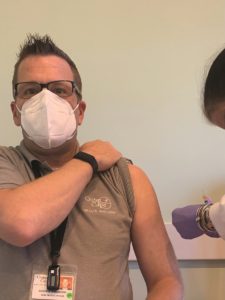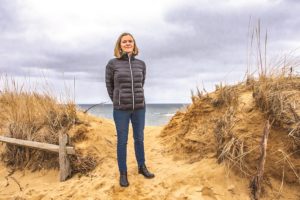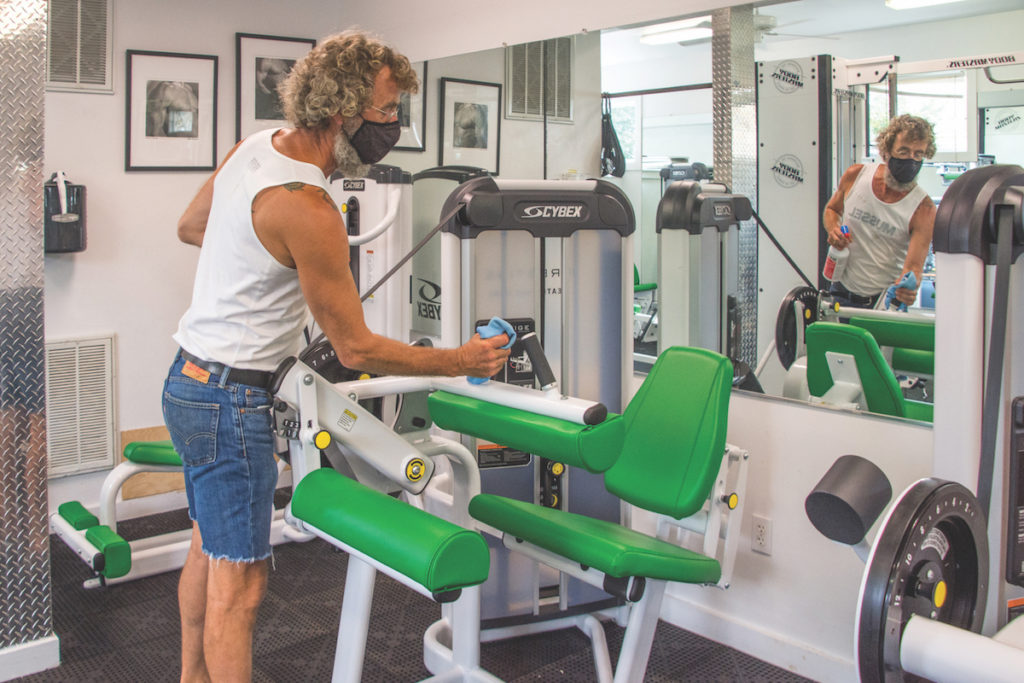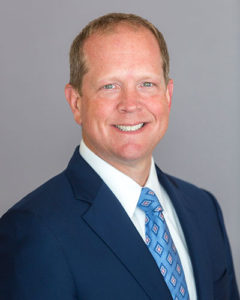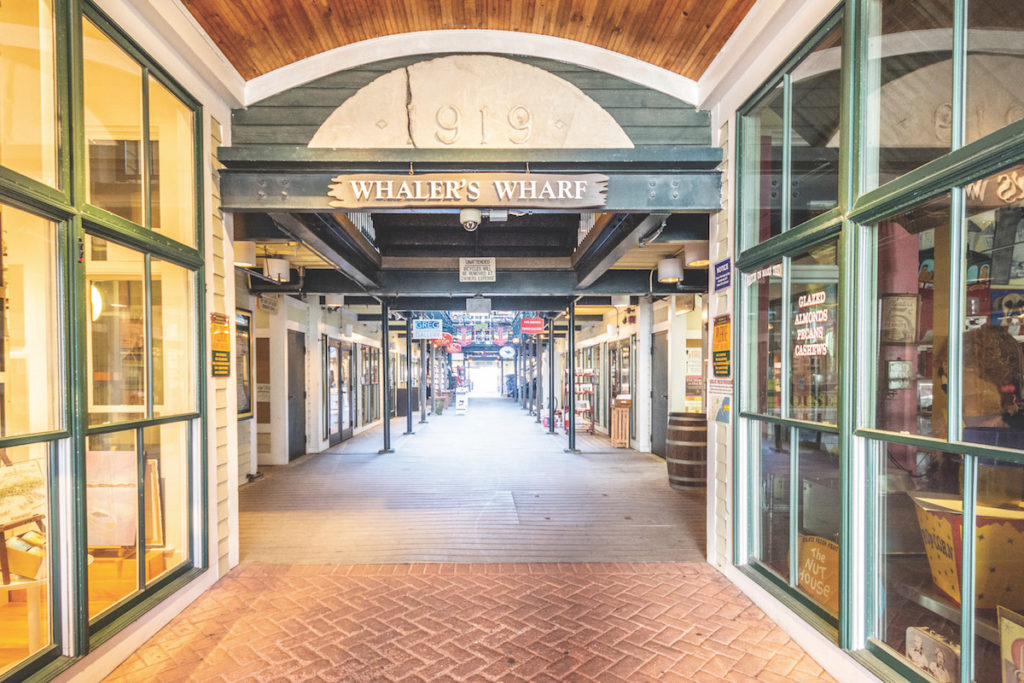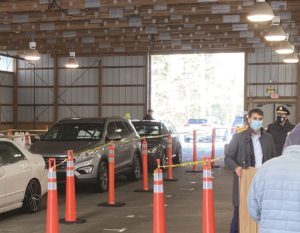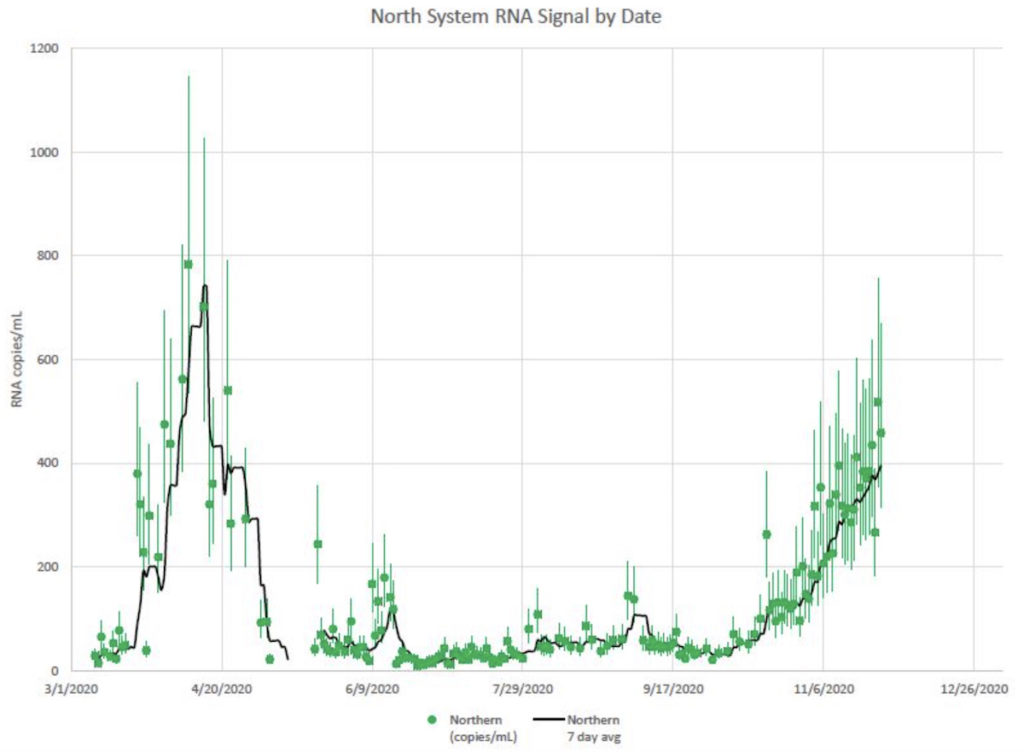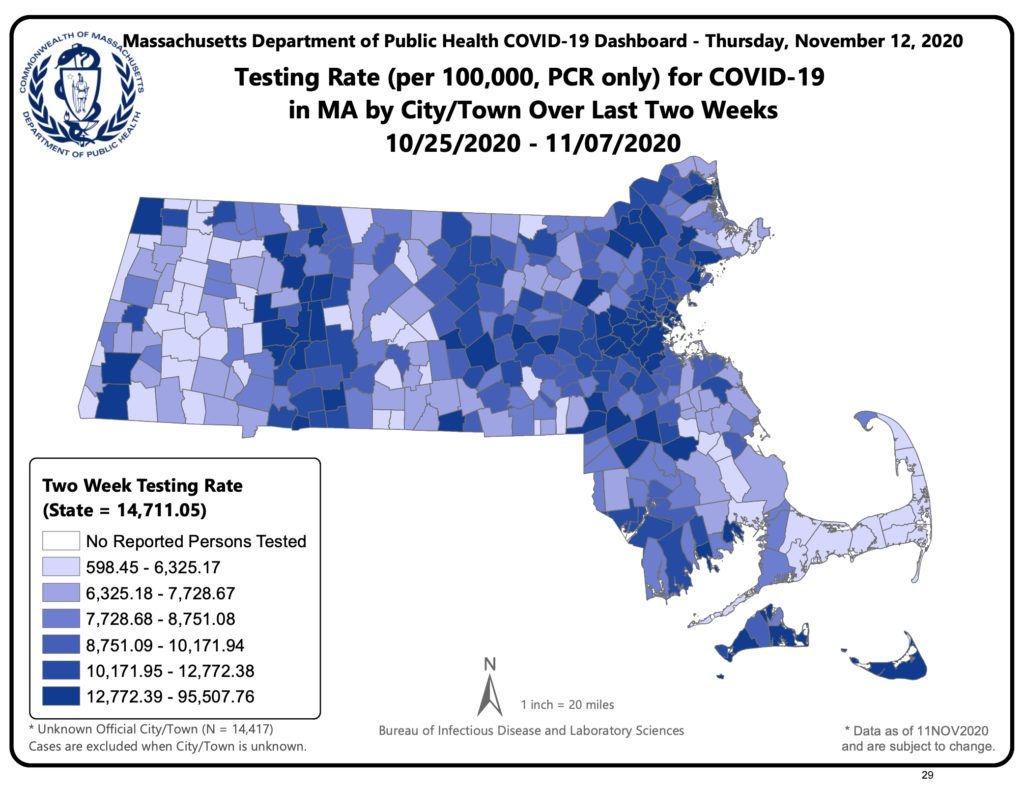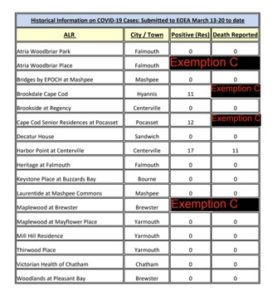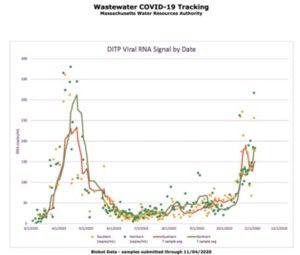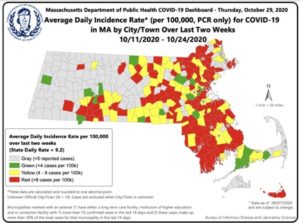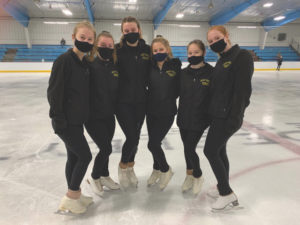
PROVINCETOWN — Kate Wilkinson is tired.
Which is no surprise. Who isn’t? It’s hardly controversial to write that hardly anything is going well right now. (I ask Tom Ryan, former president of the Cape Cod Council of Churches and current chair of its Migrant and Refugee Committee, how he’s coping with this chaos. “Which element of the chaos do you mean, specifically?” Ryan answers.)
So, like the rest of us, Kate Wilkinson is tired. And? Here’s the point: Kate Wilkinson is not like the rest of us. She’s the Rev. Kate Wilkinson, minister of Provincetown’s Unitarian Universalist Meeting House. That’s not a position that allows for much tiredness.
To be a faith leader is to be responsible for a community’s hope. “I’m humbled by that task,” says Wilkinson. To be a faith leader is to provide a sense of mission and purpose, to make a community cohere. It’s to build a tribe, to offer up an address for belief. Faith leaders are expected to have answers.
“People presume that I am more in touch with the sacred texts, with humanity,” says Ryan, a former Catholic priest and former coordinator of the Barnstable County Human Rights Commission. “They presume that I know some of the wisdom of the centuries, the ancient answers.”
And “goodness me,” says the Rev. Terry Pannell, rector of Provincetown’s Church of St. Mary of the Harbor. “It is incredibly challenging right now.” With worship largely virtual, church leaders moonlight as movie producers and I.T. teams. But the pandemic’s technological challenges affect all kinds of organizations. What’s unique to faith leaders is its emotional toll. Preaching into a video camera, says Wilkinson, is “like preaching into a void — draining.”
Handshakes, hugs, and hospital visits have flown off the table and onto a screen. “To have a parishioner who has died in a nursing home from Covid and not be able to be with them, for them not to be with their family,” says Pannell, “that’s the most painful thing I’ve had to go through as a member of the clergy.”
As their communities lean on them for solace and support, where have the leaders themselves turned? And how, amidst all Ryan’s specific elements of chaos this year, have they managed to find meaning? How do they keep, and share, hope?
Finding Solace
“I’m digesting all of this along with my people,” says Wilkinson. “I also miss my family and want to run to the store for one thing when I forget it.”
And Wilkinson’s resident faith leader is, well, Wilkinson. Which means that when it comes time for her to recharge or heal or regain a crumb of sanity, she’s leaned on nature, outdoor visits with friends, and, crucially, her plot at the Wellfleet Community Garden. She’s spent more time there than ever before, last summer growing beans, peas, carrots, Asian greens, beets, radishes, and tomatillos. “I just got my seeds for this year,” she says. “I’m dreaming of getting back to the garden.”
Ryan and Pannell skip the tomatillos. Ryan’s anchor has been work (“I wish it were exercise”): throwing himself into the Eastham 400 program. He has also found himself humming, especially the refrain of a hymn based on Psalm 91, which he says is “useful for our hearts.” In the refrain, one is carried along: God raises you up to “hold you in the palm of his hand.”
Pannell meets weekly via Zoom with the 18 other Episcopal clergy of the Cape and Islands. “It’s a place we can talk about our own feelings, struggles, the challenges of being a church while not being in person,” he says. “We’re a family.”
And centering prayer — meditative, silent prayer, which Pannell has practiced and preached for years — has helped him, too. “Before you can effectively deal with the chaos around you, you first have to deal with the chaos within you,” he says.
“I’m not someone who thinks everything happens for a reason,” says Wilkinson. “But I do think we can make meaning out of every experience. That’s the task here: not understanding why this happened, what the point of it all was, but making some meaning out of what we’ve all learned personally during this time.”
There Is Hope
Ryan has turned to reading the biographies of figures like St. Catherine of Siena, born just as the Black Plague reached Italy in 1347. But reading stories of previous plagues, he says, really makes clear that “there isn’t any one answer. It’s just about holding on, getting through this, groaning through this.”
Chapter eight of the letter from Paul to the Romans includes a long section about the spirit of God groaning with us. “We’re all groaning, including God, in this act of becoming, in this evolution of our world,” says Ryan. “I see this as one great groaning, an act of birthing. We’ll get to the other end.”
Pannell offered Matthew 6:28. “Consider the lilies of the field, how they grow; they toil not, neither do they spin.” (The same is also found in Luke 12:22-32.) Translation? “Jesus is inviting his disciples to be grounded in something greater than our worries and the chaos going on around us,” Pannell says. “And that is love. Our love for one another and for our communities provides the necessary grounding and the clarity of vision needed to make our way through challenging times like these. Where there is love, there is hope.”
And Wilkinson read Dan Albergotti’s 2008 poem “Things to Do in the Belly of the Whale”: “Measure the walls. Count the ribs. Notch the long days./ Look up for blue sky through the spout. Make small fires/ with the broken hulls of fishing boats … Listen for the sound of your heart./ Be thankful that you are here, swallowed with all hope,/ Where you can rest and wait…”
“Optimism is a feeling,” says Ryan. “Hope is a virtue. It can be bashed up, and still, you can hold to it.”
Editor’s note: Due to a fact-checking error, a previous version of this article incorrectly identified Tom Ryan’s former and current titles. He is the former coordinator of the Barnstable County Human Rights Commission and the current chair of the Migrant and Refugee Committee of the Cape Cod Council of Churches.
